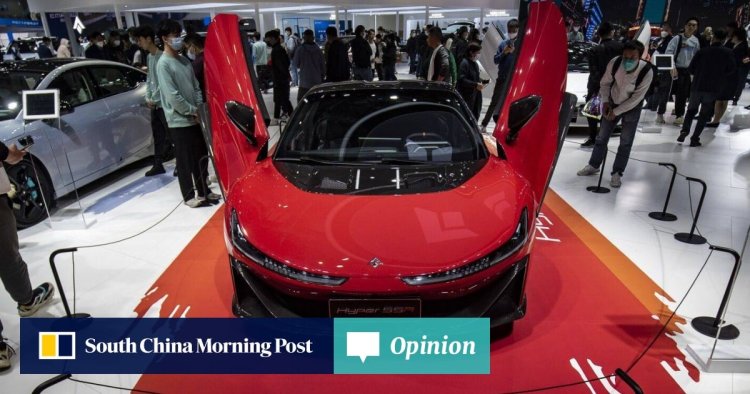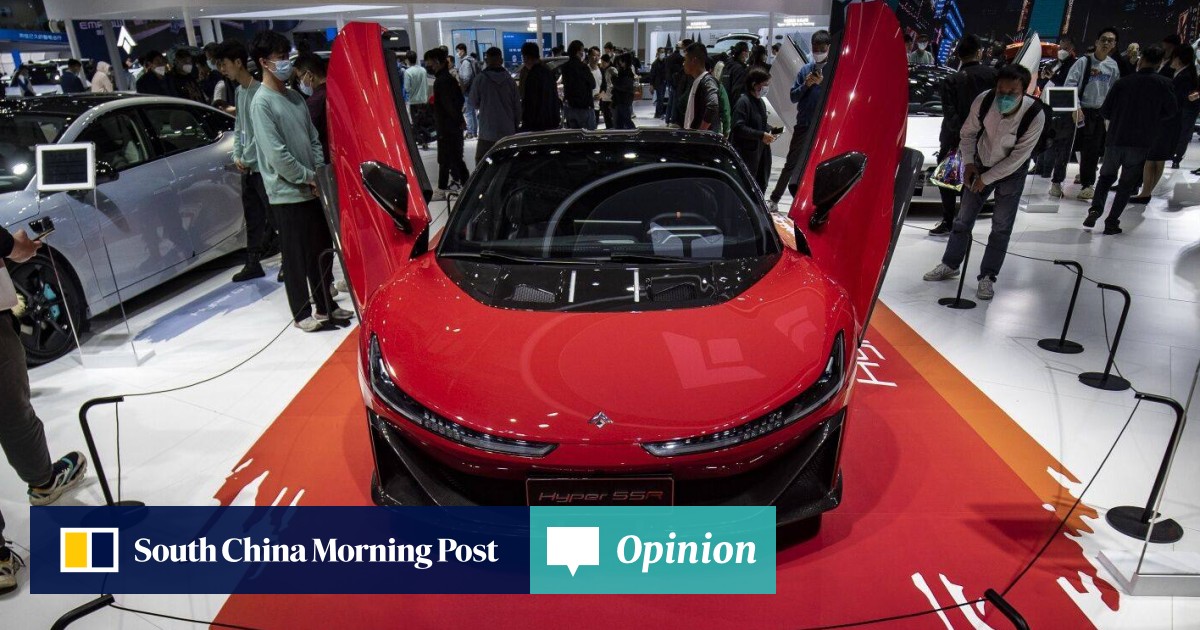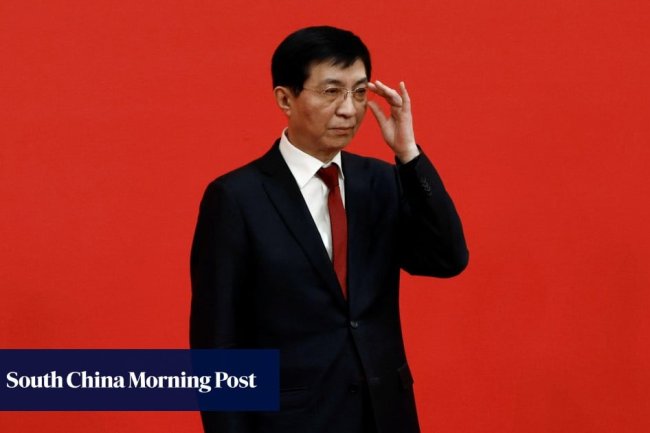China’s lead over the US in EV markets is huge, but not insurmountable
2023.05.11 16:30In his address at the Brookings Institution, US National Security Adviser Jake Sullivan basically sounded the death knell for neoliberalism in Washington. In the process of articulating the vision, justification and rationale for US economic policies, he laid the foundation for what has been called a “new Washington consensus”.The Biden administration is pursuing industrial policies that involve reshoring and “friend-shoring” supply chains, redrawing the global trade architecture. However, the success or failure of the United States in diversifying electric vehicle (EV) supply chains will be the true litmus test of this new consensus.In particular, three recent developments across three continents illustrate the challenges involved in redrawing the global architecture through decoupling measures such as friend-shoring and reshoring.First, EV models took centre stage again as carmakers from around the world showcased their latest models at the Shanghai Auto Show. Second,


In his address at the Brookings Institution, US National Security Adviser Jake Sullivan basically sounded the death knell for neoliberalism in Washington. In the process of articulating the vision, justification and rationale for US economic policies, he laid the foundation for what has been called a “new Washington consensus”.
The Biden administration is pursuing industrial policies that involve reshoring and “friend-shoring” supply chains, redrawing the global trade architecture. However, the success or failure of the United States in diversifying electric vehicle (EV) supply chains will be the true litmus test of this new consensus.
In particular, three recent developments across three continents illustrate the challenges involved in redrawing the global architecture through decoupling measures such as friend-shoring and reshoring.
First, EV models took centre stage again as carmakers from around the world showcased their latest models at the Shanghai Auto Show. Second, the US Treasury Department provided much-anticipated clarity on tax credits and benefits for EV purchases.
Third, the Chilean government announced it would nationalise its lithium industry, essentially requiring private companies to transfer ownership to a state-owned enterprise in due course. All three events are connected and affect one another.
Why are automobile supply chains so important to the new Washington consensus? In the Biden administration’s supply chain review, four sectors featured prominently – pharmaceuticals and active pharmaceutical ingredients, batteries, semiconductors and critical minerals. Access and control of the supply chains of the latter three sectors will determine the course of an economy’s success in the fourth industrial revolution and in achieving its climate change goals.
Each of those latter three sectors play a vital role in EV supply chains. The average EV contains between 1,500 and 3,000 semiconductor chips. While China does not have a monopoly or even a large market share in the production of chips, neither does the US. Since both economies have only recently started rolling out large-scale industrial subsidies, they are essentially starting off at the same time, but it is unclear who will get to the finish line first.
However, the same cannot be said of batteries or critical minerals. As of this year, most EVs are powered by lithium-ion batteries. These batteries contain minerals such as lithium, cobalt, nickel and copper. In the last two decades, China has steadily gained control of the extraction and processing of many of these critical minerals across several countries.
Complementing their strengths in critical mineral mining, Chinese companies such as CATL and BYD have cornered more than 50 per cent of the global EV battery market. China’s market size coupled with its dominance in the critical mineral mining and battery manufacturing space give it the option of weaponising both.
The Shanghai Auto Show is one of the world’s largest. Car manufacturers from around the world, including the US, feature their latest models to win a slice of the massive market in China. German carmaker Volkswagen taking its entire board of directors to the show is an example of the significance of the market to auto manufacturers as they try to woo both Chinese policymakers and consumers.
China is already the world’s largest market for both electric vehicles and cars in general. The car market is expected to grow between 4 per cent and 5 per cent to 23 million vehicles this year. Last year, China accounted for almost 60 per cent of global EV sales. The size and scale of China’s EV market is a draw for global carmakers.
China’s supercharged new-energy sector is propping up exports, but will it last?
The Inflation Reduction Act – one of US President Joe Biden’s biggest legislative victories – could be a boon for the US if it plugs some loopholes and finds ways to prevent China from weaponising its market size. The Treasury Department’s announcement at the end of March laid out the sourcing requirements for critical minerals and the battery components of EVs eligible for tax credits.
The Inflation Reduction Act, which distributes tax credits based on the vehicle’s inputs being extracted or processed in the US or a country with which the US has a free-trade agreement, theoretically keeps Chinese companies out of the mix. Even so, as Ford’s decision to team up with China’s CATL shows, some companies will still choose Chinese battery manufacturers as there are few alternatives.
Furthermore, despite the Inflation Reduction Act allocating funds, the US does not possess all the critical minerals within its borders to be self-sufficient in the sector. Friendly countries such as Chile – the world’s second-largest producer of lithium – can pitch in to help address this deficit, but its moves to nationalise the country’s lithium reserves will complicate the prospects of “friend-shoring”.
Protectionism over natural resources is not a new phenomenon. In this context, however, the US could be running out of friendly shores from which to source critical materials.
The challenge of removing China from automobile supply chains is emblematic of the larger decoupling conundrum. If the Biden administration is serious about reducing over-reliance on China and reviving US competitiveness on the global stage, it has to work towards finding solutions for the automobile sector, an end-use sector for several industries across the value chain that are linked to national security.
The US is playing catch-up with China. By engaging its automotive industry, plugging the loopholes in existing legislation and working with its allies and partners, the US might still have a shot at coming out on top.
What's Your Reaction?

















